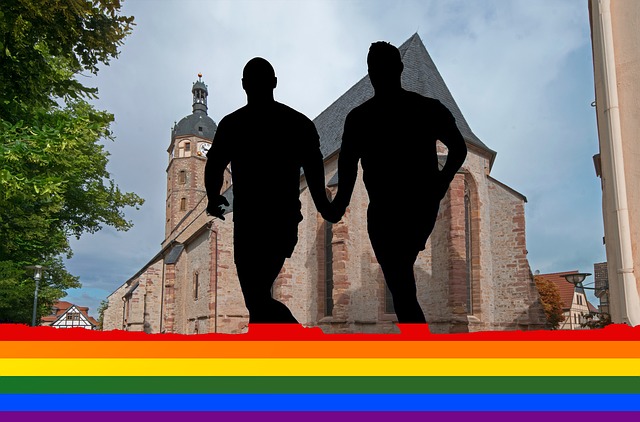Issues Facing LGBTQ+ Marriage and the Law
In 2015, the US Supreme Court legalized same-sex marriage nationwide. This was a momentous victory for the LGBTQ+ community, and it was celebrated by many as a sign of progress in the fight for equality. Today, however, the legal landscape surrounding LGBTQ+ marriage is far from settled. Several issues still need to be addressed to ensure that all community members can enjoy the same rights and protections under the law.
What are the related issues to the LGBTQ+ community and same-sex marriage?
1. Access to marriage
One of the most pressing issues facing the LGBTQ+ community is access to marriage. While same-sex couples can now legally marry anywhere in the US, some states and territories still do not recognize these marriages.
This means that couples in these areas may not be able to enjoy the same benefits as married couples in other parts of the country, including the right to file taxes jointly, adopt children together and enjoy certain protections under the law.
Some states have also passed laws that allow businesses to discriminate against same-sex couples, making it difficult for these couples to find places to live, work or even eat.
2. Parental rights
Another issue that needs to be addressed is the question of parental rights. In many states, only one member of a same-sex couple is recognized as their child’s legal parent. This can create many problems, including the potential for one parent to lose custody of their child if the other parent dies or is incarcerated.
It can also make it difficult for same-sex couples to ensure that their children have the same inheritance rights and access to medical care as other children. Family lawyers are working to change these laws and give same-sex couples the same rights as other parents, but progress has been slow.
3. Recognition of transgender marriage
The topic of transgender marriage is also in question. While same-sex couples can now legally marry, transgender people may still face difficulties obtaining a marriage license, even in states where same-sex marriage is legal.
This can make it difficult for transgender people to marry their partners and gain the same legal benefits as other married couples. Transgender people may also face discrimination when trying to obtain a marriage license. Even if they can obtain one, their marriage may be challenged by others who do not recognize it.
4. Healthcare coverage
One of the most critical issues facing the LGBTQ+ community is healthcare coverage. Many employers do not offer health insurance to same-sex couples or charge higher rates for coverage. This can make it difficult for same-sex couples to obtain the care they need, and it can also put them at risk of losing their insurance coverage if their job changes or they are forced to move.
Many states have passed laws that prohibit discrimination in healthcare, but these laws do not always protect same-sex couples.
5. Employment discrimination
Many LGBTQ+ people still face discrimination in the workplace. This can make it difficult for them to find and keep a job, which can lead to poverty and homelessness. Some states have passed laws prohibiting employment discrimination against LGBTQ+ people, but these laws are not consistently enforced. As a result, many employers may still be able to fire or refuse to hire LGBTQ+ people without consequence.
6. Access to social services
The LGBTQ+ community is also at risk of facing discrimination regarding accessing important social services, such as Medicaid and housing assistance. Many government agencies may refuse to provide services to same-sex couples, or they may treat LGBTQ+ people differently than other people. This can make it difficult for LGBTQ+ people to get the help they need, and it can also lead to them being isolated from the rest of society.
What is being done to address these issues?
Many organizations and activists are working to address the legal, social, and economic issues facing the LGBTQ+ community. These organizations provide support and resources to LGBTQ+ people, and they also lobby for changes to laws and policies that discriminate against LGBTQ+ people.
In recent years, there have been several significant advances in the fight for equality, including the legalization of same-sex marriage and the passage of laws prohibiting housing, healthcare, and employment discrimination. But there is still more work to be done.
What can you do to support the community and their rights?
- Donate to or volunteer with an LGBTQ+ advocacy group or organization
- Contact your elected representatives and urge them to support laws that protect LGBTQ+ people from discrimination
- Educate yourself and others about the issues facing the LGBTQ+ community
- Stand up to bigotry and hate speech against LGBTQ+ people, and speak out against discrimination whenever you see it
The LGBTQ+ community still faces many challenges, even though they are now legally allowed to marry. These challenges include parental rights, healthcare coverage, housing discrimination, employment discrimination, and access to social services. Many organizations and activists are working to address these issues, but there is still more work to be done.

